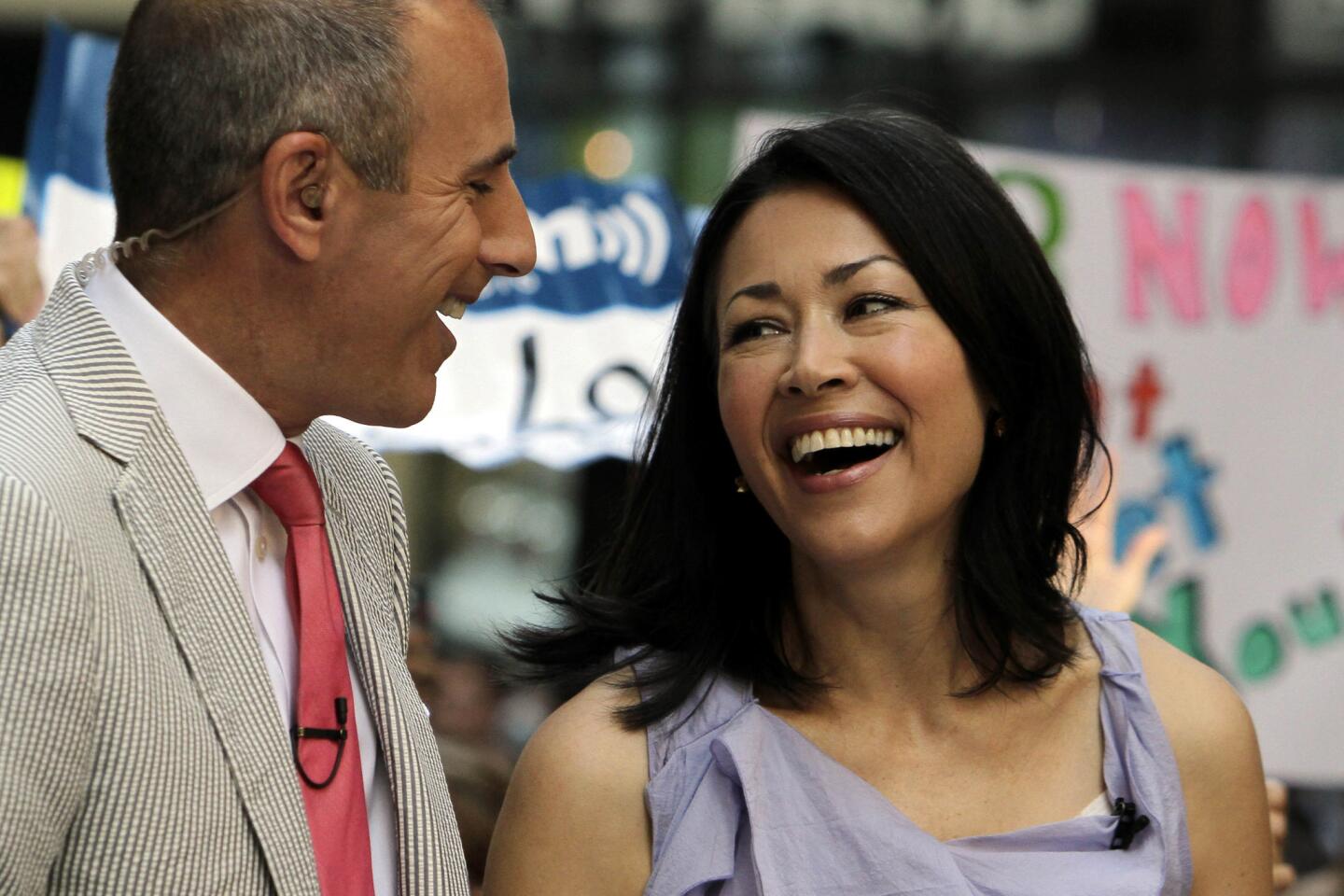The big write-off: When TV show creators drop main characters
TV drama writers are murderers. They have to be: No matter how successful their shows are, at some point, somebodyâs going to die â and theyâre going to make that happen. On âDownton Abbeyâ this season, two major characters died within just a few episodes of one another. âHomelandâ killed off the vice president. And âThe Walking Deadâ kills major and minor characters on a regular basis â sometimes more than once (if they rise from the dead, you understand).
But donât think itâs easy to kill, even in fiction. Wielding the pen like a sword takes a toll and is never done lightly.
âThereâs a tremendous amount of regret involved any time you kill someone off,â says âDeadâ creator Robert Kirkman. âThey say âkill your darlings,â and itâs true. Iâm bummed out we donât get to work with Jon Bernthal [Shane] anymore â and itâs kind of crappy heâs not around. But we donât regret telling that story.â
Liking an actor just isnât enough to keep him around; once the story has stepped up and indicated a character has reached his useful end, out he or she goes. âI wonât keep a character alive just because I like the character, or the actor,â says âBoardwalk Empireâ show runner Terence Winter. âThatâs a deal we made with each other on âThe Sopranos.â You have to treat these people as fictional characters.â
Not that some writers canât be swayed if they can find another way to tell the story. âThe Followingâsâ Kevin Williamson says heâs had actors who âcried and begged for me to change my mind,â and the pleas were answered. âIf theyâre really happy and content and skipping to work every day, and you can think of an equally satisfying way to do what you want to do, perhaps you can avoid pulling the death card.â
In the case of âDownton,â however, losing Matthew and Sybil in the same season was foundation-shaking, and not entirely in the writersâ hands. Executive producers Gareth Neame and Julian Fellowes knew from the start that Jessica Brown Findlay was only going to stay for three seasons, so Sybilâs departure was a planned thing. Dan Stevens (Matthew), however, left his contract decision open until very late â and once he decided to leave, he wouldnât consider bridging the character into a fourth season even briefly.
BUZZMETER: Pundits make their picks
âAs [Findlay] did not want to re-up her contract, we felt it was much stronger rocket fuel for the narrative if we had a death â and indeed that was so,â says Neame. Stevensâ âdecision not to renew his contract put us in a dilemma, however.â
âI wanted him to do one episode the following year so we could have had the final episode [of the third season] with them happy, with the baby in the crib and then kill him in the next episode [the fourth season opener], but he wouldnât even do that,â says Fellowes. âI couldnât have the whole of the last episode about him dying.â
But he didnât leave the door open for a possible return of Matthew. Most writers, in fact, eschew the notion of an ambiguous disappearance or demise. âI believe that death is death,â says Williamson. âIf you take away that very real stake, the show loses something.â
Adds Winter, âI try to avoid that stuff, because people donât believe it. Itâs a cop-out.â
TIMELINE: Emmy winners through the years
In the end, story prevails over all â and any character can be killed these days on dramas, including leads. âNo one is safe,â says Kirkman. âRick is on the chopping block as much as anyone else.â
So is âHomelandâsâ Brody (Damian Lewis), says Gansa, if the story dictates. Brody has already survived planned exits in Seasons 1 and 2. âWe felt there was more story to tell between [Brody and Claire Danesâ Carrie], and as long as we have room for scenes with them, heâll be around,â he says. âBut no one wants Damien Lewis as a peripheral character in the series â heâs front and center when heâs around. When that shelf life expires, we have to figure a way to have him depart. That will be an enormous discussion.â
More to Read
From the Oscars to the Emmys.
Get the Envelope newsletter for exclusive awards season coverage, behind-the-scenes stories from the Envelope podcast and columnist Glenn Whippâs must-read analysis.
You may occasionally receive promotional content from the Los Angeles Times.











